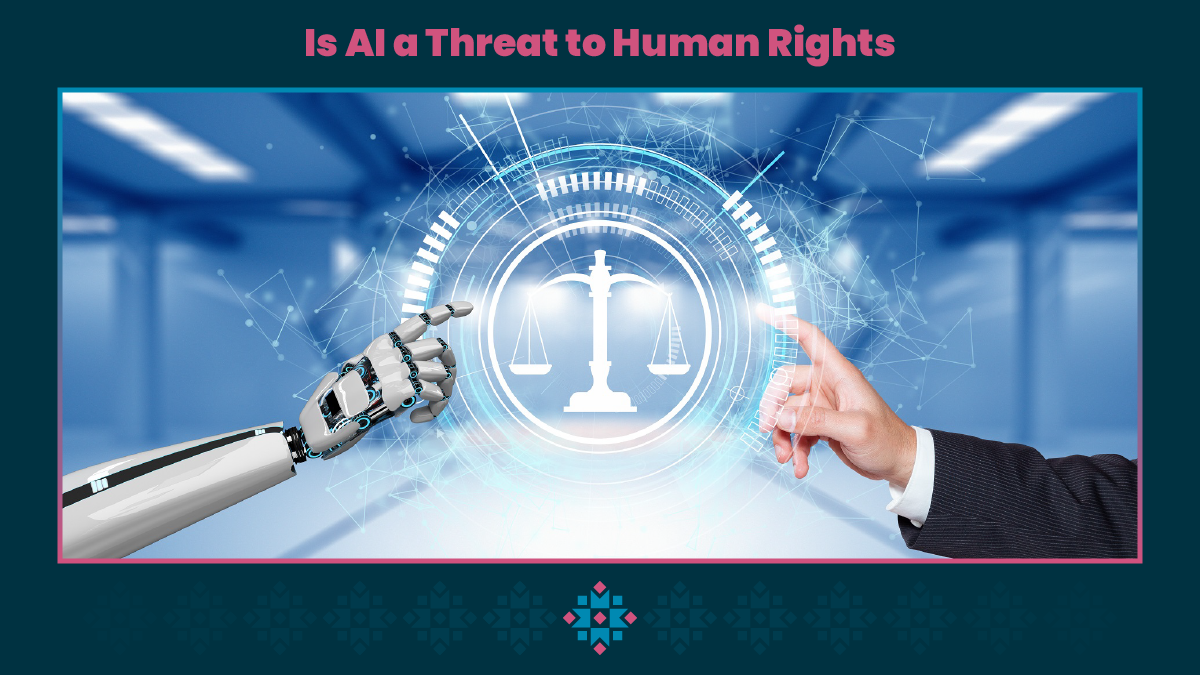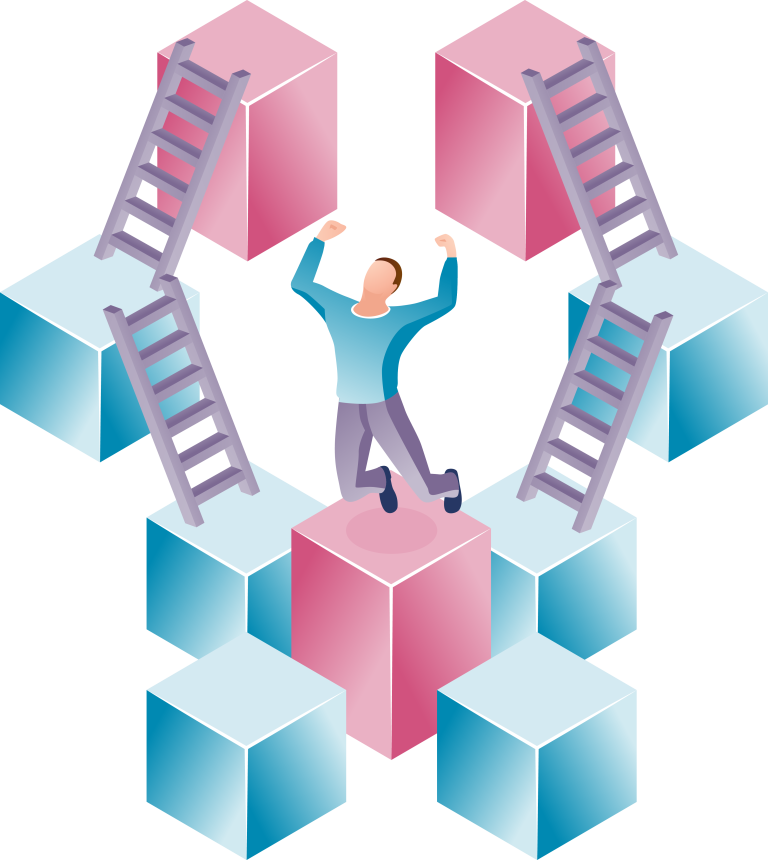The possibility for a clash between Artificial Intelligence and Human Rights rises as people become more reliant on robots to enhance the effectiveness of operations and make informed decisions. Artificial Intelligence, if left unregulated, has the potential to cause inequity and even be used to actively violate human rights around the world. However, when utilized properly, AI can improve human rights, promote shared development, and help us all have a better future. So, in general – is AI a threat to human rights?
Threats and challenges related to AI:
- Threat to employers: Undoubtedly, the use of AI boosts productivity and efficiency to extreme levels. Moreover, AI is now replacing even some higher-order tasks, such as driving or filling prescriptions. Thus, AI implementation could lead to a huge exodus of workers. Automation, on the other hand, does not always have to be a net negative for the workforce; it can often have a positive impact on it by spurring economic growth and lowering prices. As a result, this same workforce can be transitioned to new tasks that require higher-level thinking and soft skills, in this sense – interpersonal skills and emotional intelligence.
By 2030, it is expected that machines would take over 47 percent of employees that are at the highest risk of automation.
- Threats to privacy: are another issue when it comes to AI. AI collects and extrapolates huge volumes of data, including streams of data from mobile devices and other gadgets. When businesses have vast amounts of data about their consumers and competitors, the right to privacy may be jeopardized. Especially as AI advances and new ways to use personal data emerge. Additional precautions, such as data anonymization techniques or actively screening algorithms for privacy vulnerabilities, should be implemented by companies that want to prevent violating privacy.
- Threat to job seekers: Yes, and no. For instance, if an organization gets information from public records, it should avoid making assumptions about possible candidates’ personalities and/or skills purely based on this sample information. When a human assessment is combined with AI, it may more accurately determine whether a candidate meets the company’s requirements. A good practice for companies is to unite human consciousness with AI to guarantee a lack of discrimination.
What’s next for AI and Human Rights?
To cover everything, businesses that seek ways to establish trust in their customers should be honest and transparent. Companies worldwide may often appeal to a bigger set of consumers and maintain their existing clients by adopting technology and being upfront about how the firm makes decisions. The implementation of AI should come along with implementing additional measures to reduce the danger of prejudice. Companies can take additional precautions to protect their users’ privacy, or their employees fear becoming unemployed.
By being aware of the potential human rights risks, leaders can utilize AI to improve their business and drive productivity. At the same time, they can avoid some of the negative repercussions that AI may bring. We hope that this information helps you answer the question “Is AI a threat to Human Rights”.
If you want to learn more about Artificial Intelligence, book a free call with us! You can also take a look at our full portfolio of services.


